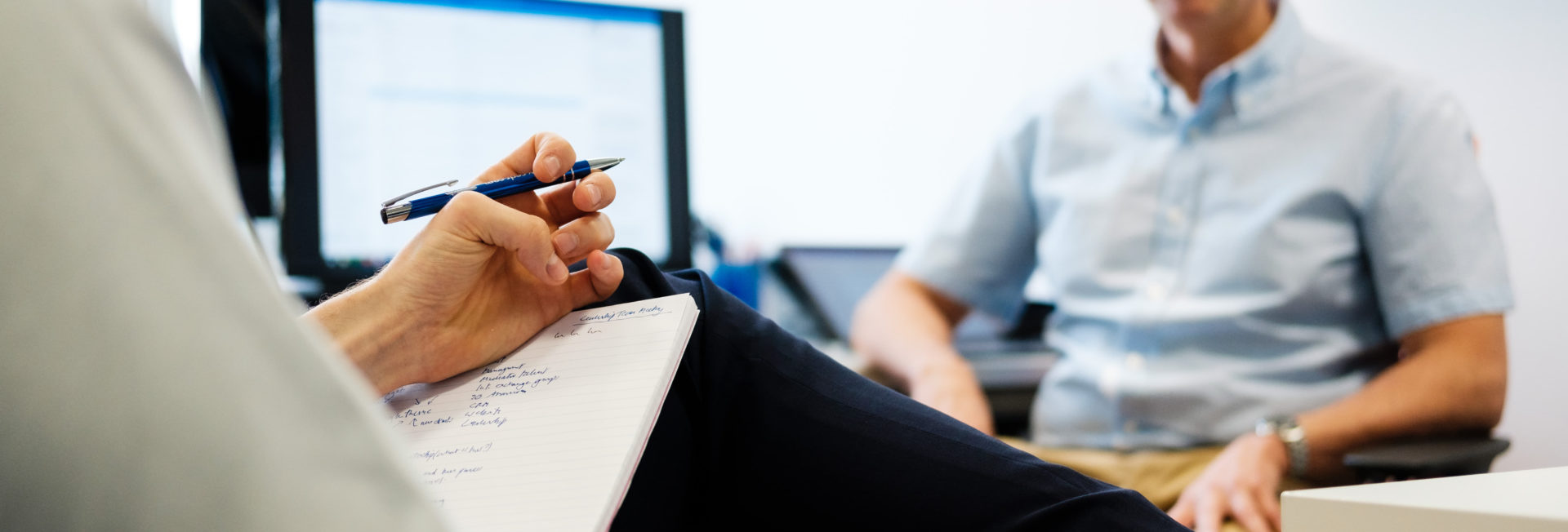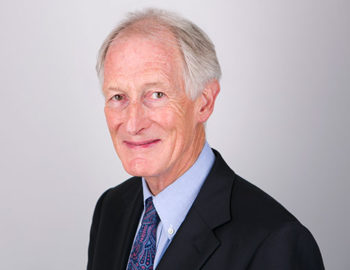Six Ways to be a Better Mediation Advocate – Early Stages of a Mediation
by
Advocacy is about influence and persuasion, a very important part of representing clients in mediation. Lawyers who appreciate this tend to support their clients more effectively throughout the whole mediation process, from preparing for the meeting to drafting the settlement agreement.
Skilled mediation advocates focus on how the recipient receives messages which improves the prospect of settlement.
Six things skilled mediation advocates do in the early stages of a mediation:
1. Before the mediation, work with the lawyer for the other party to prepare a joint case summary and mediation bundle of documents.
Not everything will be agreed. Working together identifying the core aspects of the dispute helps to build a basis for resolution.
2. Prepare by having a negotiation strategy and all the information you need so that you can “take a view” on settlement at the mediation. A major issue in mediation is risk assessment: is it better to settle now or take a chance on trial?
There will always be some uncertainty about what might happen if the case goes on and to settle, a judgement will need to be made on some “known unknowns.”
3. Consider the message that is being sent by the make up of your team. If it is obvious to the other party that a key decision maker is not attending, what might they conclude about your approach, or that of your client, to resolution?
4. Recognise the value of an effective opening joint meeting. A mediator’s heart will sink at the words, “we don’t need a joint meeting, we know each other’s cases, let’s just cut to the chase!”
A joint meeting is about so much more than simply reiterating the strong points in your case. Think of the broader aspect of advocacy. What message will you send to the other party in the opening joint meeting that will get them to work toward a resolution and how will you send it?
This meeting is also an opportunity to really listen carefully to what the other party has to say, to hear what lies behind their stated “position.”
5. Would the message be better, at least in part, coming from your client? Clients should be at the centre of the day. By having a speaking part in the opening session, your client has an opportunity to say how they see it, in their own way.
It can help the other party to hear your client speaking and saying what is important to them. A bit of preparation on this can make for a very effective opening.
6. How can you influence the tone of the discussion and set the scene for the day? Mediation is a conversation to see if resolution can be reached; it may be a difficult conversation. Think about the case and what you might be able to do to improve the nature of the dialogue.
You do not need to make concessions in the opening meeting to set a positive tone for this conversation. Even if you do not trust the other party, they will be approaching the case in the way that they are because they believe it is in their best interests to do it that way.
Acknowledging what might be the other party’s concerns can be done without suggesting there are weaknesses in how you see your case.
A common approach to mediation is, “we don’t normally mediate, we know how to negotiate.” This approach appears to miss an opportunity. Negotiation is about communicating, in many different contexts.
Bilateral negotiation may not be the best way to resolve a particular dispute. Mediation is used by sophisticated negotiators to explore a way forward in many varied circumstances.
Advocacy in mediation is partly about making the most of the availability of a neutral third party to enhance the negotiation, rather than seeing mediation as an indictment of negotiating ability.




